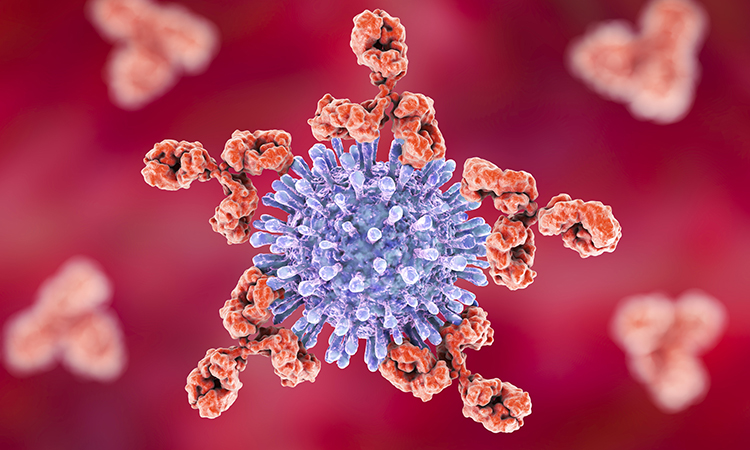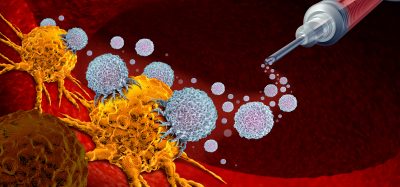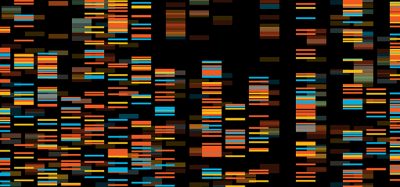Fighting HIV: could antibodies be the answer?
Posted: 1 April 2021 | Victoria Rees (Drug Target Review) | No comments yet
Although a cure for HIV continues to elude scientists, strategies to control the virus and immunise people are developing at rapid pace. Here, Drug Target Review’s Victoria Rees discusses why researchers are focusing on antibodies as approaches to combat HIV and highlights recent findings from two pre-clinical studies into how antibodies can be used as treatments and prophylactics for the virus.

IN 2019, THERE WERE approximately 38 million people across the globe living with HIV/AIDS, according to the World Health Organization (WHO). Having claimed the lives of 33 million people so far,1 there is currently no cure or vaccine available to treat or prevent the disease.
During the lifecycle of HIV, the virus incorporates itself into its host cell’s DNA. While antiretroviral therapies such as post-exposure prophylaxis (PEP) can prevent the spread of the virus that might be produced from infecting new cells, it cannot eliminate viral DNA from the host cell’s genome. HIV’s ability to hide its instructions inside cells means that drugs cannot reach it, allowing it to escape cure.2
Related topics
Antibodies, Biopharmaceuticals, Disease Research, Protein, Proteomics
Related conditions
HIV
Related organisations
University of Kansas, US Military HIV Research Program (MHRP), US National Institute of Allergy and Infectious Diseases (NIAID), US National Institutes of Health (NIH), World Health Organization (WHO)
Related people
Assistant Professor Brandon DeKosky, Bharat Madan, Dr Denise Hsu, Dr Sandhya Vasan







